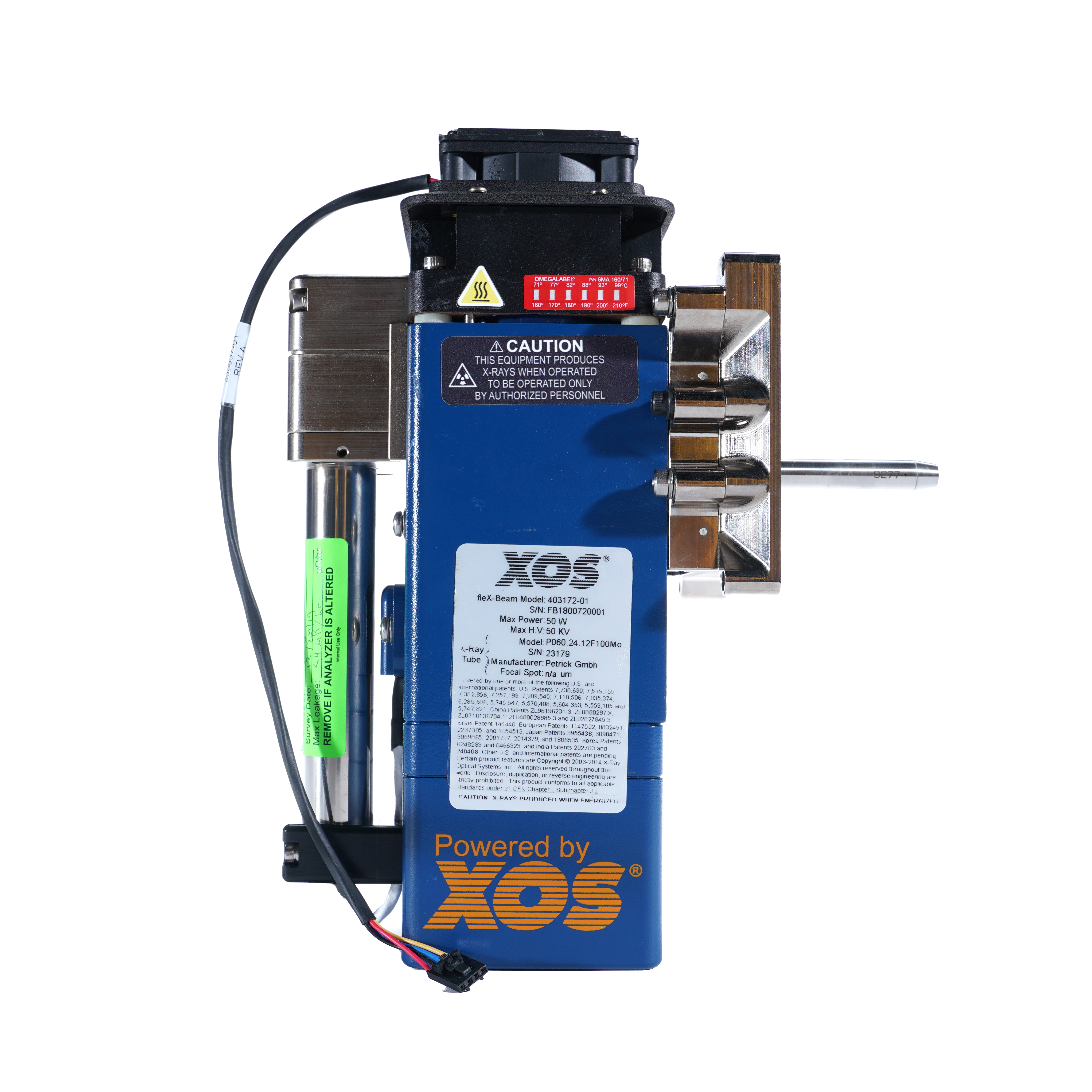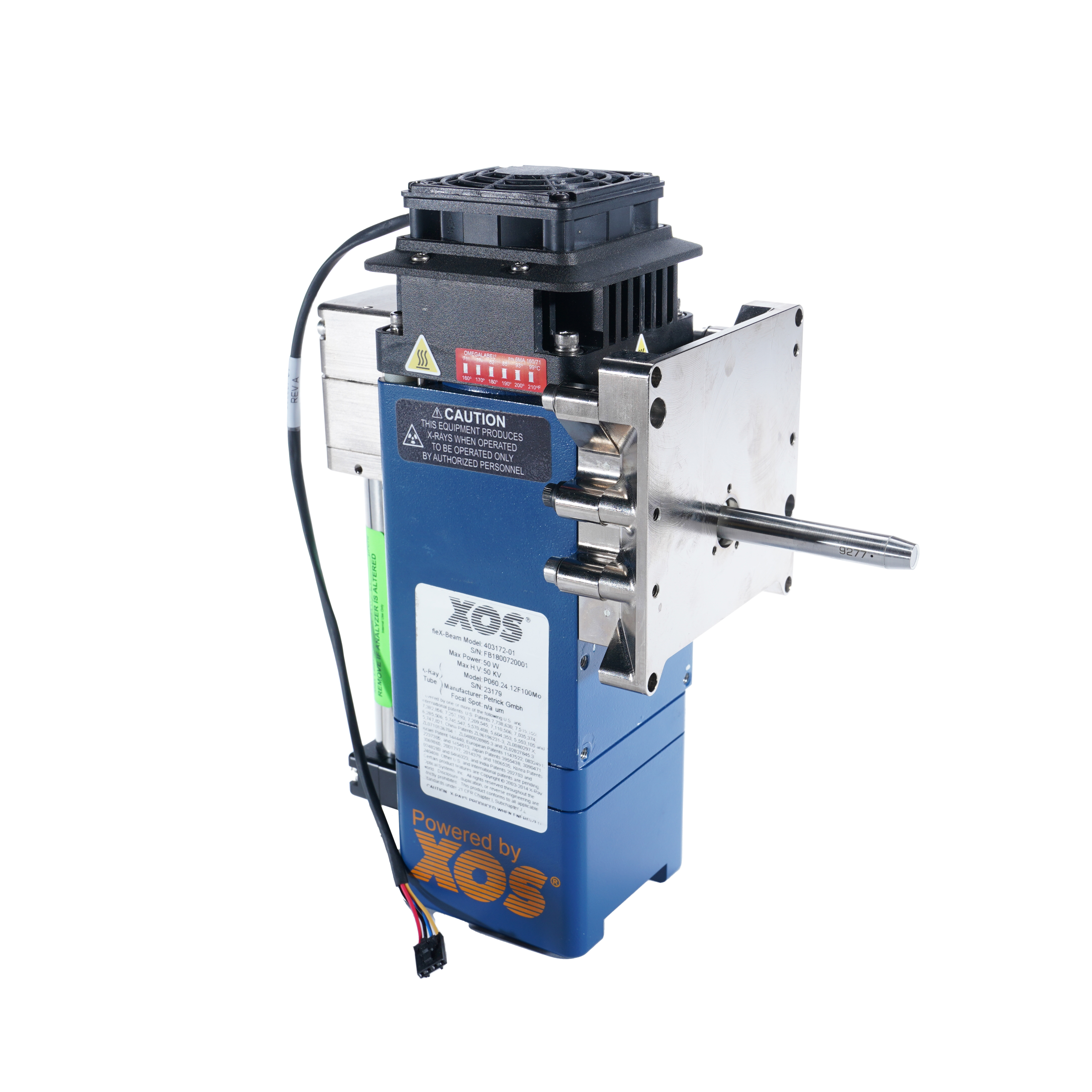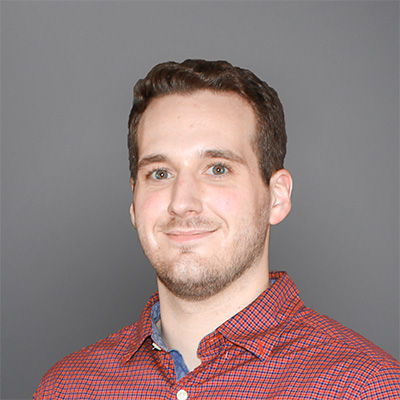- Analyzers
- Optics & Sources
- Technologies
- Support
- About
Your Lab's Golden Key:
Work Smarter, Not Harder with fleX-Beam
Brendan Waffle
Your Lab's Golden Key:
Work Smarter, Not Harder with fleX-Beam
Brendan Waffle
Brendan Waffle
Ask any researcher what keeps them up at night and they will say— without hesitation— the analytical performance of the system they are building, followed closely by convenience. Convenience not only translates to time-saving benefits, but also presents itself as effortlessly trainable and implementable, especially within various sized teams.
While there are other turn-key solutions on the market, few can promise the analytical excellence and convenience that fleX-Beam provides.
What makes fleX-Beam unique? Keep reading to discover how its innovative design allows for effortless X-ray source swapping without disrupting optic alignment, and explore its diverse applications across industries, from micro XRF mapping to plating thickness measurements.

The second generation of X-Beam, fleX-Beam comes with two notable improvements. One is the ability to swap X-ray sources while leaving your optic mounted in place. The other is the ability to use different optics on a single X-ray source. Not only does this feature provide endless possibilities of source/optic combinations, but it also makes servicing the system significantly easier and faster.
The design of the fleX-Beam alignment mechanism is what enables us to provide such capabilities. Intuitively, one might assume that the optic is moved around to align with the X-ray source; instead, the fleX-Beam was designed to move the X-ray source to align to the optic using a simplistic fine alignment push/pull mechanism. That is why you can leave your optic in place while replacing the X-ray source.
Additionally, you can swap the source in case you prefer a different anode material, need to send the X-ray source back for service, or prefer to use a new replacement source altogether, reducing downtime. The ability to leave your optic in place will simplify your testing since you don’t have to worry about realigning the collection side equipment (cameras(s), detector(s), etc.) when the X-ray source dies, or you swap anodes.
This becomes especially convenient if the fleX-Beam is installed in the field where alignment equipment is not easily accessible, or the general alignment of your collection equipment is challenging to optimize. You can also use different optics on the same X-ray source if needed.
Additionally, you can choose to get another optic that’s designed to be compatible with the fleX-Beam. This provides a wide range of output beam options should you have multiple use cases/applications for the same X-ray source.
Related: Enhancing Micro XRF Analysis with Polycapillary Optics
fleX- BeamTM is a unique, compact X-ray generator that combines a lowpowered X-ray source and a precisely-aligned polycapillary optic to deliver a bright X-ray beam for advanced material analysis. fleX-Beam is available in several standard focused or collimated beam configurations and can also be customized for specific applications. This is the ideal solution for any OEM or lab-based system.

Let’s see how this applies to different types of projects by focusing on two examples: micro XRF mapping of fine features in physics, biology, or microelectronics, and platting thickness for various industries, including microelectronics.
Micro XRF mapping is a powerful technique utilized for examining intricate details within various fields such as physics, biology, or microelectronics. This method enables the precise visualization and analysis of fine features at a microscopic level, providing invaluable insights into the composition, distribution, and interactions of elements within samples. In physics, it aids in understanding material properties and structures at the microscale; in biology, it facilitates research on the cellular level is it relates to elemental composition; while in microelectronics, it assists in characterizing semiconductor materials and enabling precise quality control. Overall, micro XRF mapping serves as a versatile technique for advancing research and innovation across diverse scientific disciplines.
Measuring plating thickness is indispensable across a spectrum of industries, with a particular emphasis on its significance in microelectronics. In this realm, precise control and understanding of plating thickness are essential for ensuring the integrity and functionality of intricate electronic components and circuits. From semiconductor fabrication to the production of miniaturized electronic devices, accurate plating thickness measurements are critical for ensuring performance, reliability, and meeting stringent quality standards. Additionally, in sectors such as automotive manufacturing, aerospace engineering, and medical device production, plating thickness plays a pivotal role in enhancing durability, corrosion resistance, and overall product longevity. Hence, the meticulous assessment of plating thickness holds profound implications for the efficiency, reliability, and quality assurance of diverse industrial processes and end products.
Learn more about the XOS suite of optics & sources
When you combine quality, performance, and ease of use into an X-ray excitation package, the result is fleX-Beam. The versatility provided by the fleX-Beam's design as it relates to our alignment mechanism and interchangeable parts capability not only adds convenience to your analytical system but also adds a level of customization, allowing you to maximize system performance across various applications. Work smarter, not harder, with fleX-Beam.

With over 5 years of experience designing X-ray optics and repairing X-ray equipment, Brendan Waffle brings a proven track record of surpassing customer expectations and pioneering innovative solutions. Acknowledged as a strategic partner by XOS customers, Brendan goes beyond being just a consultant, demonstrating a unique ability to tailor customized solutions for national labs, universities, and X-ray equipment manufacturers.
“Helping customers devise innovative solutions is my passion,” Brendan affirms, emphasizing his dedication to driving advancements in the field of X-ray optic design.
If you'd like to get in touch with Brendan or one of our other experts, click here.

